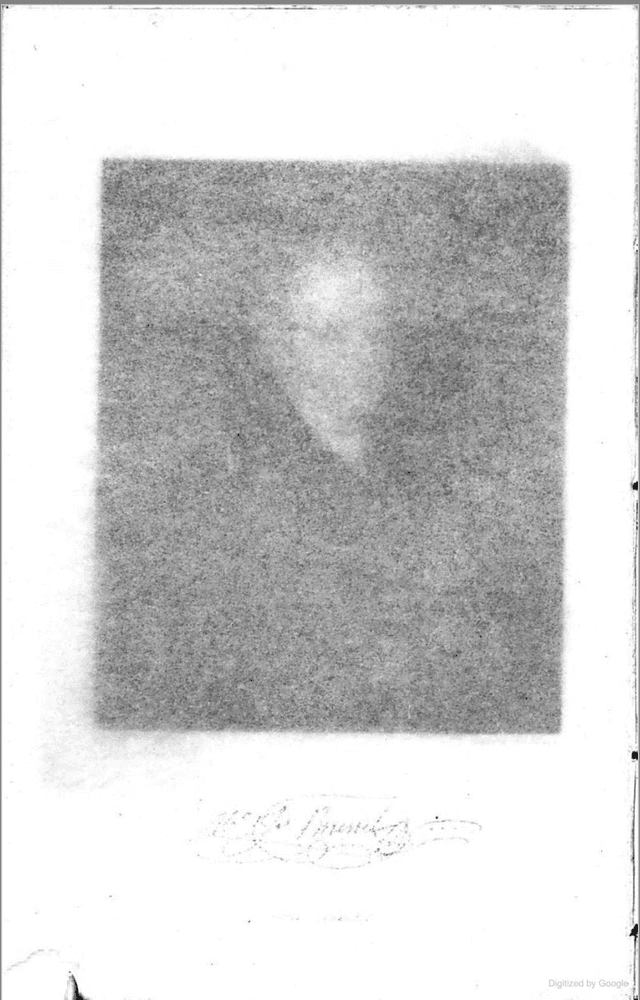History's best memoirs,
set forth in modern guise
retold in a modern style.
Many of history's greatest life stories are lost to time.
Out of print and expensive
Written in old-fashioned language
Poor quality photocopies
No e-book or audiobook

How We Bring Timeless Memoirs Back to Life
We preserve the essence of the original text, while modernizing style and format.
1. Clean
Clean + analyze the original text
2. Rewrite
Rewrite using modern language
3. Edit
Edit for accuracy, style, and clarity
4. Prepare
Create final book and audio
See the Difference
When Matthew Boulton entered into partnership with James Watt, he gave up the ormolu business in which he had before been principally engaged.
He had been accustomed to supply George III with articles of this manufacture, but ceased to wait upon the King for orders after embarking in his new enterprise.
Some time after, he appeared at the Royal Levee and was at once recognised by the King. "Ha! Boulton," said he, "it is long since we have seen you at Court. Pray, what business are you now engaged in?"
"I am engaged, your Majesty, in the production of a commodity which is the desire of kings."
"And what is that? what is that?" asked the King.
"Power, your Majesty," replied Boulton, who proceeded to give a description of the great uses to which the steam-engine was capable of being applied.
Sign up for our launch and get a
free book, audiobook, and podcast bundle
Read, Listen, & Learn, For One Low Price
Every Franklin & Hall book comes in three formats to suit your reading style.
eBook
Read at your own pace with our beautifully-formatted ebooks.
Audiobook
Listen to an audio book with professional narration
Conversational Podcast
A conversational podcast on the themes and narratives for each chapter.
The Engineer-Industrialists
Our launch collection features the lives of three of history's greatest engineers turned entrepreneurs.


In 1775, an English manufacturer and a Scottish engineer forged one of the most important collaborations of the Industrial Revolution. Matthew Boulton and James Watt revolutionized steam power – transforming manufacturing, trade, and even war.
Backed by a courageous female banker, Charlotte Matthews, they combined Boulton's manufacturing expertise with Watt's engineering genius to create a company that helped power Britain's industrial transformation.
Boulton and Watt's legacy trained generations of notable engineers as their partnership changed the course of industrial civilization.


The little-known story of a French-born engineering genius who fled revolution to become one of Britain's most innovative builders of the Industrial Age, Marc Isambard Brunel transformed 19th-century engineering through his remarkable inventions and ambitious projects.
From automating the Royal Navy's pulley production to constructing the revolutionary Thames Tunnel – the world's first tunnel under a navigable river — Brunel's creative mind knew no bounds. Though he faced financial ruin and even imprisonment along the way, his pioneering spirit and relentless determination helped lay the foundations of modern civil engineering.
But his greatest legacy may have been his son Isambard Kingdom Brunel, who would go on to become Britain's most celebrated engineer.


A series of fascinating vignettes, Automobile Biographies is a compelling account of the inventors, engineers, and business minds who propelled the car from a distant dream to a modern reality. Many of the names are instantly recognizable, like James Watt, Gottlieb Daimler, and Armand Peugeot.
Spanning over a century, this book tells the personal stories and innovations of those who pioneered the "horseless carriage". From early steam experiments to the dawn of gasoline engines, trace the incredible journey of ingenuity and perseverance that birthed the automobile.